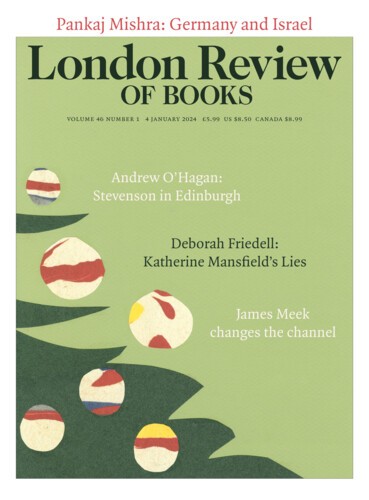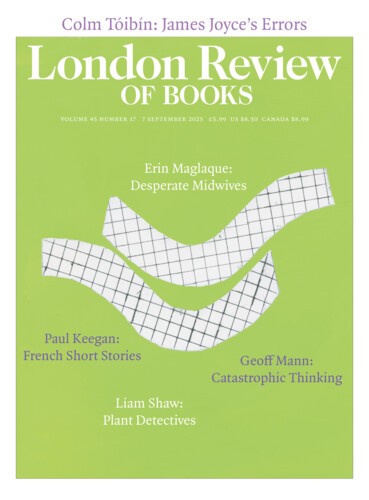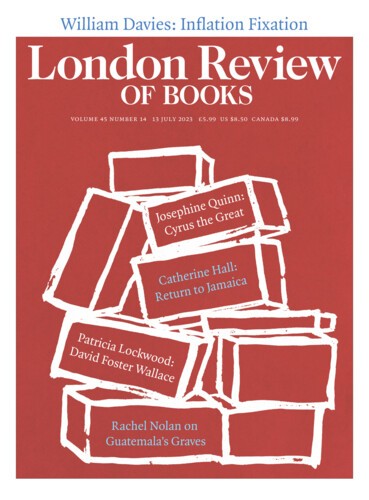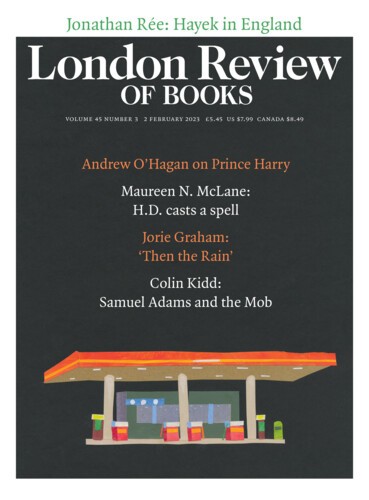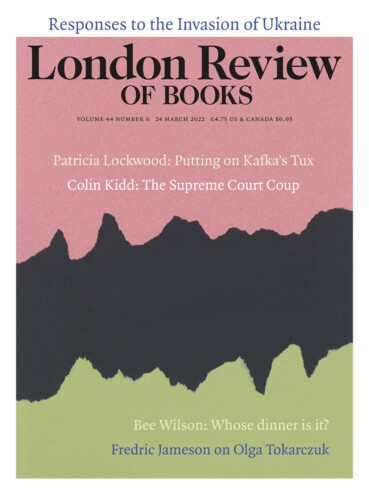Contemporaries recognised Samuel Adams’s hand at work in a series of episodes that preceded the outbreak of the War of Independence. Thomas Hutchinson, the penultimate royal governor of Massachusetts, described him as ‘that Machiavelli of chaos’, responsible for stirring up anti-government sentiment along the Atlantic seaboard. Writing under more than thirty pseudonyms in the colonial press – including Vindex, Candidus, Alfred, ‘a Bostonian’, Shippen, Populus, TZ, EA, ‘a Son of Liberty’ – Adams, as Stacy Schiff notes, was adept at turning ‘a small grievance into an unpardonable insult’.
Samuel Adams was an ascetic, indifferent to worldly baubles, decent comforts, respectable clothing. His republican vision for Massachusetts was forbiddingly austere, not an open marketplace free of intrusive British taxation, but what he termed, uninvitingly, a ‘Christian Sparta’. Religion was not then a private matter of belief unrelated to political attitudes.
